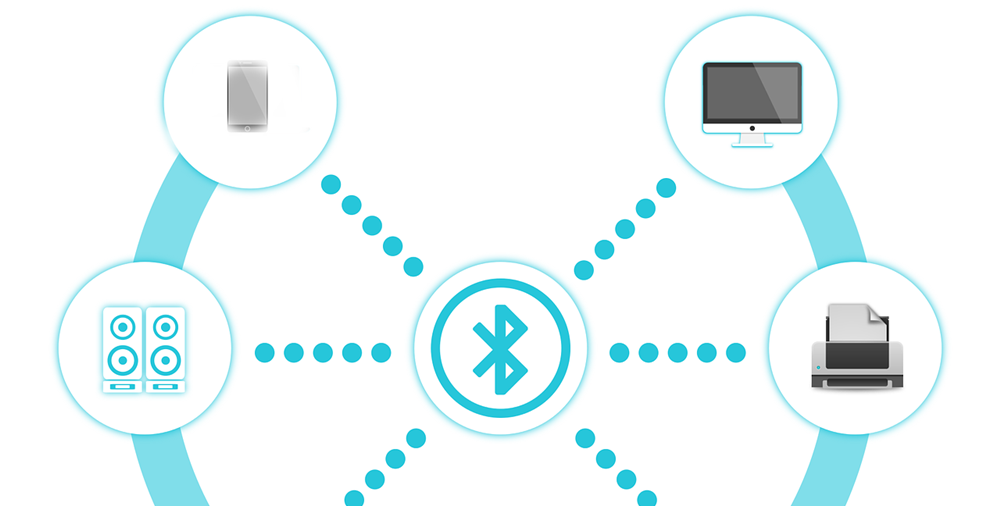
ON Semiconductor recently released its new RSL10 Multi-Sensor Platform powered solely with a solar cell, which reportedly is designed to support the development of IoT sensors using continuous solar energy harvesting to gather and communicate data through Bluetooth Low Energy, without the need for batteries or other forms of non-renewable energy.
The combination of ultra-low-power wireless communications, small form-factor solar cell and low duty cycle sensing applications makes it possible to develop and deploy totally maintenance-free IoT sensor nodes, the company said. The RSL10 Solar Cell Multi-Sensor Platform is enabled by the RSL10 SIP, a System-in-Package (SiP) solution featuring the RSL10 radio, integrated antenna and all passive components.
“After the success of the RSL10 Sensor Development Kit, we are thrilled to work with ON Semiconductor on a new cutting-edge sensor development platform that is entirely solar powered,” said Peter Weigand, VP, Marketing, Bosch Sensortec. “The BMA400 is the first real ultra-low-power accelerometer that doesn’t compromise on performance. Combined with the BME280 integrated environmental sensor, this provides a comprehensive sensing solution for IoT applications such as climate control, intrusion detection and asset tracking.”
There are a growing number of IoT sensor applications where the duty cycle is low enough to support intermittent communications, allowing the energy needed to support operation to be harvested using renewable sources. The energy efficiency of the RSL10 is augmented by the highly efficient power management system and the ultra-low-power sensors implemented in the platform. Applications are expected to include smart home and building automation such as HVAC control, window/door sensors and air quality monitoring. Asset tracking including package open/close detection, shock monitoring, and temperature and humidity data logging are also possible applications.
Wiren Perera, Head of IoT, ON Semiconductor, said: “To support the growth of IoT, manufacturers are actively investigating alternative sources of energy to power their designs, helping to reduce environmental impact and lower manufacturing and maintenance costs. With this solution, established on the RSL10 Bluetooth Low Energy radio, we are proving that a battery-free and maintenance-free approach to smart sensor development is not only possible but can help manufacturers improve their designs.”
Edited by
Ken Briodagh





